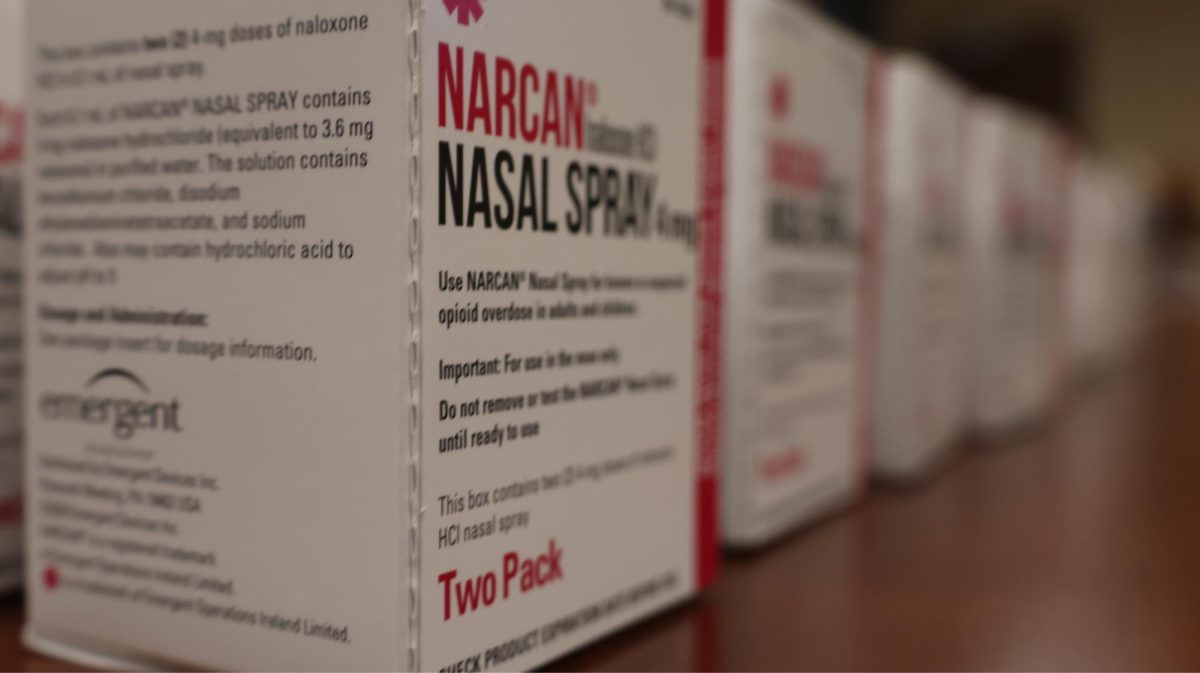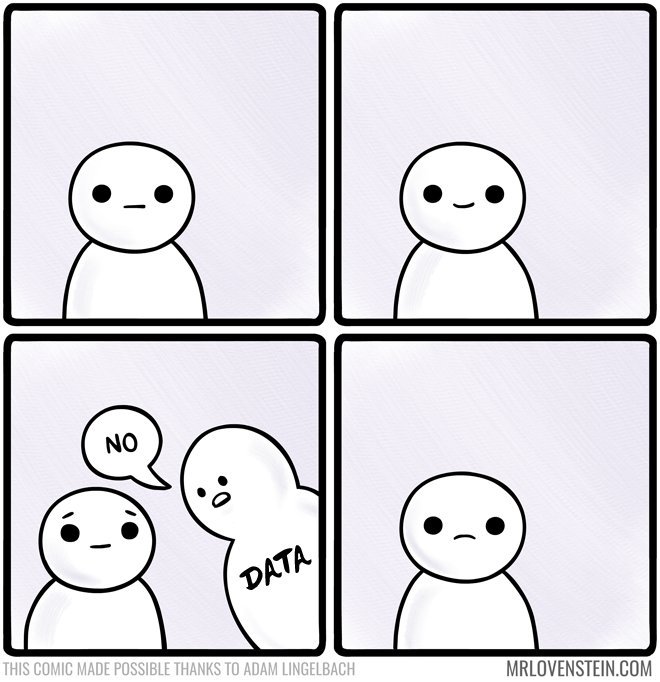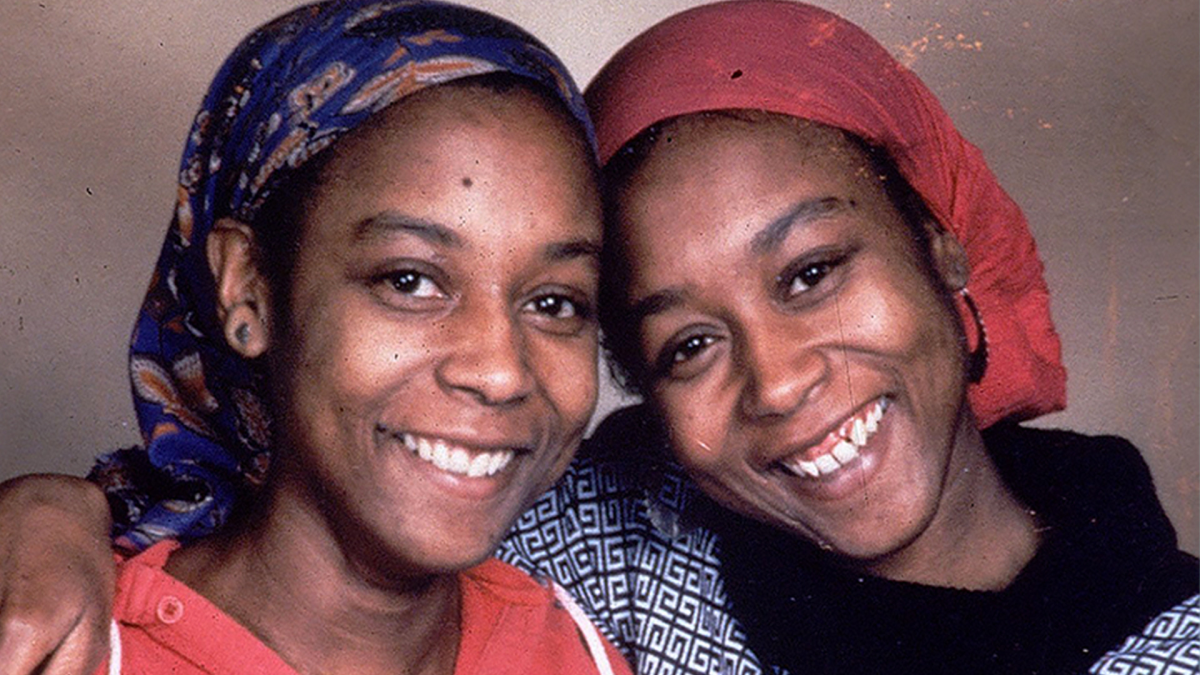Factory farming and the affects it has on the environment, and the abuse that happens because of it has become a topic of discussion lately. Factory farming is defined as, “a system of rearing livestock using intensive methods, by which poultry, pigs, or cattle are confined indoors under strictly controlled conditions.” According to thehumaneleague.org as of 2020, 99% of animals in the U.S. are raised on factory farms. According to the same site, there are roughly 1.6 billion animals and 25,000 factory farms. This leads to overcrowded areas, dirty and unclean conditions, and the possibility of animal borne diseases. These issues have opened up new discussions over animal abuse, animal-borne diseases, and global warming.
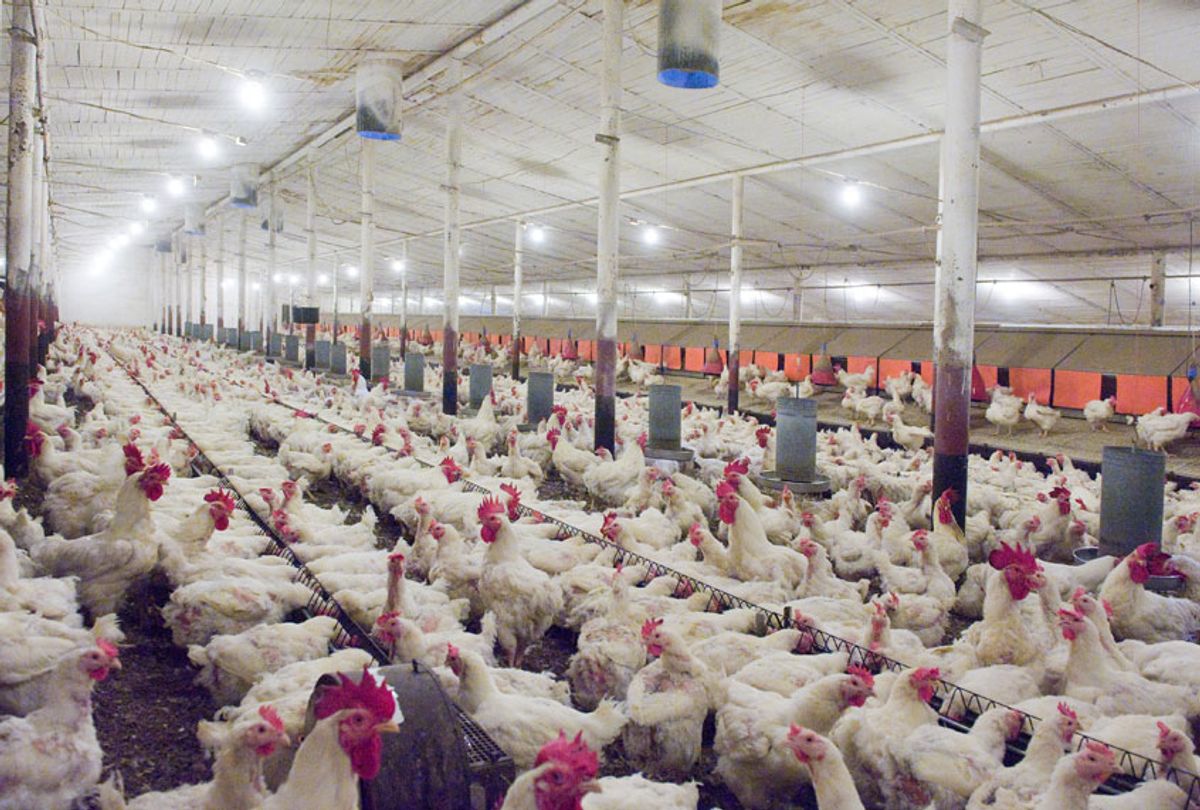
Animal abuse is one of the largest problems stemming from the farms. Animal abuse is defined as “the infliction by omission (neglect) or by commission by humans of suffering or harm upon any non-human animal.” Reports of animal abuse stemming from farms are high. 97% of animal cruelty cases come from farms. Added onto this is the fact that not every account of abuse is reported, and many of these animals die in the farm. Examples of the abuse animals may see include but are not limited to, living in confined spaces, branding with a hot iron, dehorning for horned animals, debeaking for beaked animals, docking the tails of tailed animals, and etc.
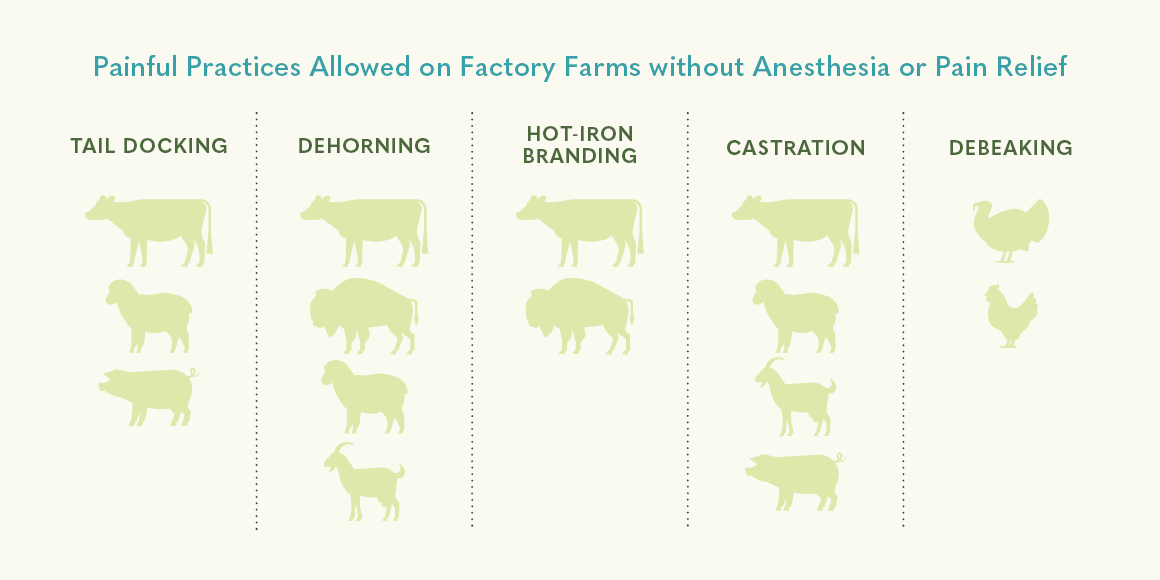
In the past few years, Fair Oaks Dairy Farms have been in hot water over footage of animal cruelty. NBC Chicago in 2018, shared how Fair Oaks cows produce 280,000 gallons of milk every day. In 2020, wisfarmer.com found Fair Oaks farms had 36,000 cattle. Fair Oaks dairy farms are the third party dairy provider for Fairlife milk, distributed by Coca-Cola. The abuse reports originally come from 2019, when a video was leaked by an animal abuse organization. The video was taken undercover, in the span of a few years. In the video you can see calves being force-fed, being thrown, beat and kicked by workers. Many workers seen abusing animals were let go by the company, and some arrested. The CEO, Mike McCloskey also released an emotional apology. Mike a veterinarian, in a statement shared how the abuse is “a sadness I will have to endure for the rest of my life.” In response, many retailers pulled FairLife milk off shelves. FairLife even suspended deliveries over the alleged abuse. Much was done in order to fix the damage done in 2019, but Fair Oaks received a lawsuit in 2020, for misleading customers.
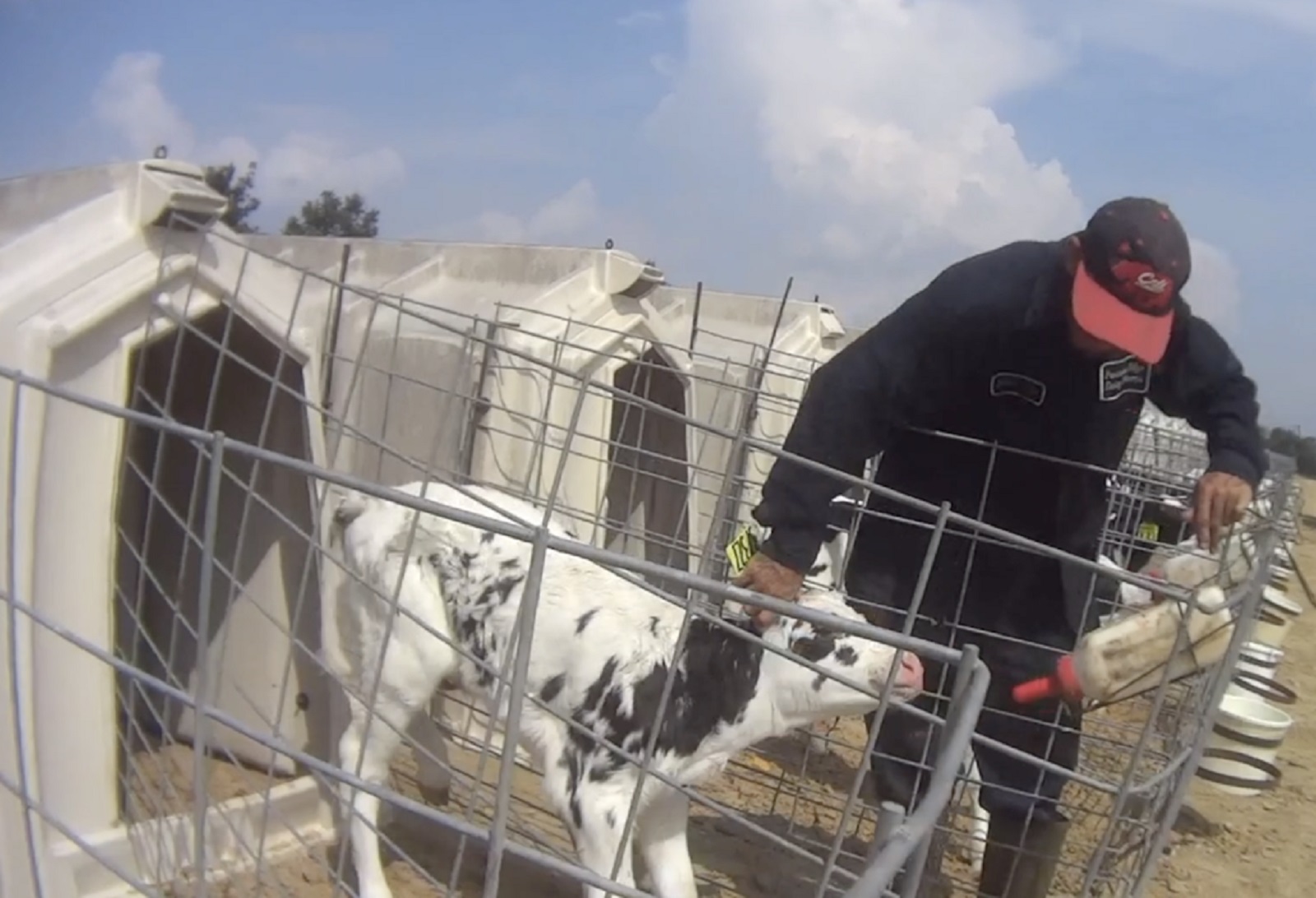
Disease is something everyone has experienced in some way recently; disease is a byproduct of factory farming’s unclean and cramped conditions. The confined and unclean nature of factory farming has led to the issue of disease breakouts, which would be harmful if that contaminated food was sent out to the masses. Poultry and swine farms are especially notable centers of disease, factory farming has led to many new strains of bird and swine flu. According to a The Guardian article, last December over 100,000 chickens died due to a new and lethal strain of avian flu. 900,000 more birds were slaughtered to prevent an epidemic break out. A strain of avian flu you might be familiar with, is H1N1; H1N1 notably affected millions of Americans in the late 2000s, a smaller yet similar outbreak to the COVID-19 pandemic. A pandemic which was similarly thought to have been started from animals. According to farmsanctuary.org, the CDC has found that “3 out of every 4 new or emerging infectious diseases in people come from animals.” Among infectious diseases, the WHO has classified many processed meat products as carcinogens.
Climate change is another issue stemming from factory farming that is harmful to humans. According to dosomething.org, factory farming makes up for 37% of methane emissions; Methane has been found more than 20 times the global warming potential than carbon dioxide. Cows and other animals produce and release methane naturally, the effects of methane on the ozone layer are exasperated. Burning fossil fuels to produce manure, and animal seed according to dosomething.org may release 41 million metric tons of CO2. The antibiotics given to animals to promote growth, contain chemicals that reenter the environment and cause issues. Factory farming contributes largely to air pollution and damaging the ozone layer, through the excessive release of CO2, hydrogen sulfide, methane, and ammonia.
Factory farming has led to animal abuse, disease outbreaks, and perpetuates global warming. This method of farming has disastrous consequences; factory farming is outdated and needs to be put behind us. Moving forward looking into alternative lifestyles with less meat consumption, and looking into more sustainable options would be most beneficial.




